The Evolution of Toronto Slang: Its Origins and Influence
Toronto’s slang culture has become a defining element of the city’s identity, both in its music and street culture. In a recent conversation with WorldWide Entertainment TV, Toronto hip hop veteran Kamikaze shared rare insight into how the slang evolved from its roots to the more animated style we hear today.
From Bass to High Pitch: How the Tone Shifted in Toronto’s Slang
https://youtube.com/shorts/m9m1dR–CLE?si=T9ibbAMacVMiy1m1Kamikaze reflects on the early days of Toronto’s urban slang and notes a distinct difference compared to today’s delivery. According to him, the original Toronto slang was delivered with more bass — a deeper, more commanding tone that reflected the streets and the energy of the men who shaped it.
In contrast, the slang heard today among younger generations is often delivered in a more animated and high-pitched tone. Kamikaze views this shift as part of the natural evolution of culture and generations, but he emphasizes how the original style carried a weight and seriousness rooted in Toronto’s urban environments.
“The bass in the voice mattered. It wasn’t about sounding animated. It was about sounding real.” — Kamikaze
ALSO CHECK OUT KAMA REVEALING WHO WAS BEHIND BELLY AMBUSH
Neighborhoods That Built the Slang Together
Toronto’s urban slang wasn’t born in isolation. Kamikaze credits the collaboration and mutual influence between different neighborhoods for crafting what became known as Toronto slang. Areas like Jane and Finch, Jungle, Regent Park, and Rexdale each had their distinct energy, but ultimately contributed pieces that would become part of the city-wide vernacular.
Despite the differences in blocks and regions, there was a mutual respect and alignment that helped shape Toronto’s slang into something recognizable beyond individual neighborhoods. Each area brought its own flavor, but together, they shaped the blueprint of Toronto’s lingo.
“All the neighborhoods had something to add. But there’s no denying how we all connected through the slang.” — Kamikaze
The Influence of DJ Firekid Steenie
When it comes to giving credit for pushing the slang and culture forward, Kamikaze is clear: DJ Firekid Steenie played a crucial role. Known for his influential presence in Toronto’s music scene, Firekid Steenie not only championed the sound of the streets but helped spread the slang through his radio shows, parties, and community connections.
Kamikaze points to Firekid Steenie as someone who recognized the pulse of the streets early on and amplified it through music and culture, cementing certain phrases, tones, and cadences into the larger Toronto identity.
“You can’t talk about slang without mentioning Firekid Steenie. He helped spread it everywhere.” — Kamikaze
Toronto Slang Today: A Legacy Evolving
What began as a grassroots cultural language rooted in Toronto’s toughest neighborhoods has now become a recognizable part of mainstream hip hop culture, with Toronto artists influencing global slang trends. Kamikaze’s reflection highlights that while tones and deliveries may shift over time, the foundation laid by neighborhoods like Jane and Finch, Regent Park, Rexdale, and Jungle — and figures like DJ Firekid Steenie — will always be the core of what made Toronto slang unique.
Final Thoughts
Toronto’s slang evolution mirrors the city’s growth: rooted in authenticity, shaped by unity, and evolving with the times. Kamikaze’s breakdown serves as both a history lesson and a reminder of how deeply language connects to place, people, and culture.
Takeaways
Toronto slang has evolved significantly over the years.
There is a competition for originality in slang among youth.
Commercialized slang differs from the original Toronto dialect.
Younger generations often adopt exaggerated speech patterns.
Cultural influences shape the development of slang.
Authenticity in language is a key concern for older generations.
Social media plays a role in the spread of new slang.
The roots of Toronto slang can be traced back to Caribbean influences.
Different communities have their own unique slang variations.
Understanding the history of slang can enhance appreciation for its evolution.
View this post on Instagram
Share this content:



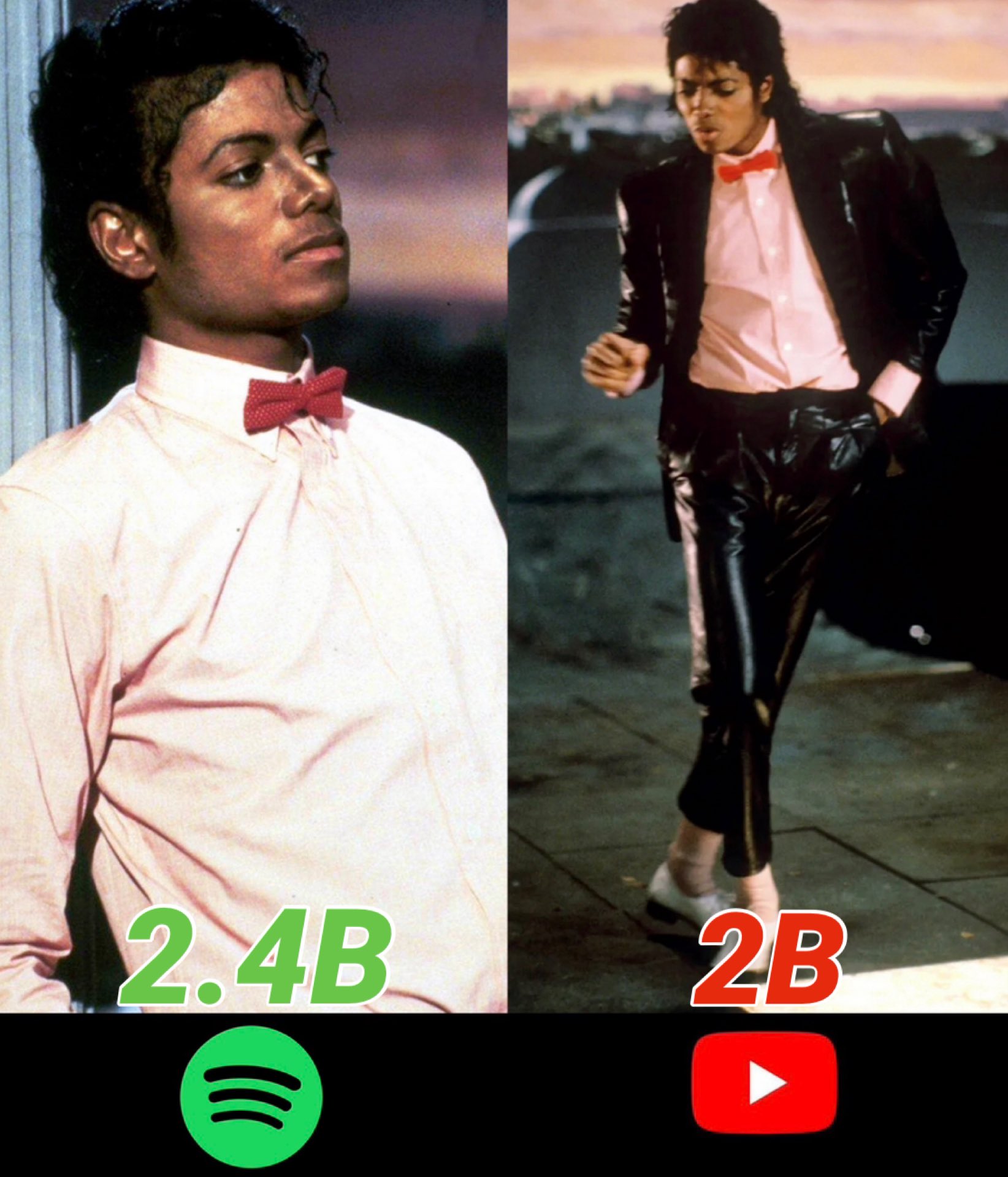
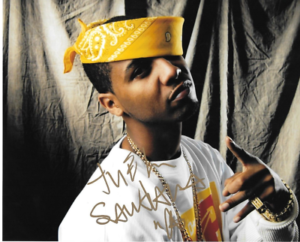


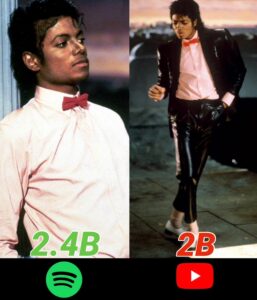
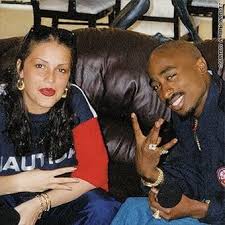


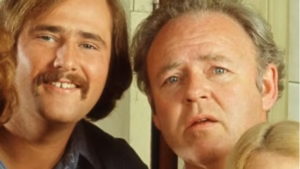


Post Comment